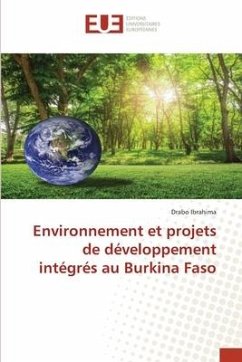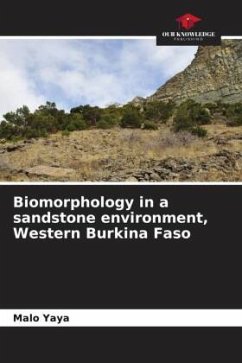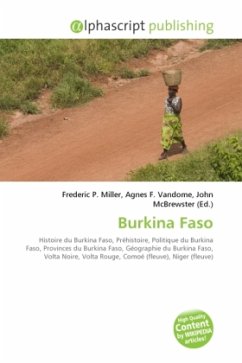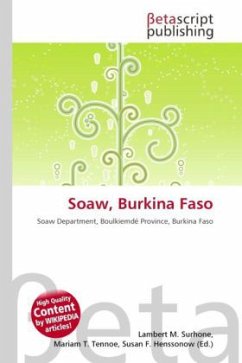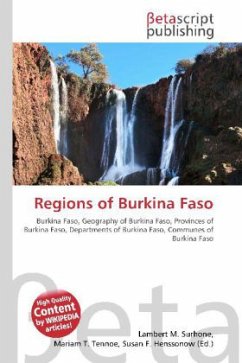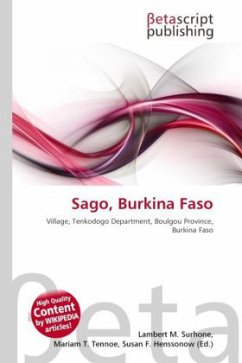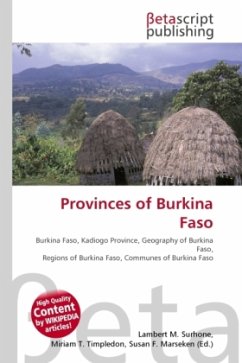
Environment and integrated development projects in Burkina Faso
Versandkostenfrei!
Versandfertig in 6-10 Tagen
40,99 €
inkl. MwSt.

PAYBACK Punkte
20 °P sammeln!
The integrated development projects carried out in the Sahel countries in general and in Burkina Faso in particular have mostly been failures. Those that are underway are far from achieving the expected results. Faced with these repeated failures, decision-makers and development agencies have decided to make Environmental Education (EE) an essential approach to action in the management of ecosystems in rural communities. In this study, we have shown that beyond these failures, there are deeper reasons: those related to the educational intervention strategies implemented and the participation m...
The integrated development projects carried out in the Sahel countries in general and in Burkina Faso in particular have mostly been failures. Those that are underway are far from achieving the expected results. Faced with these repeated failures, decision-makers and development agencies have decided to make Environmental Education (EE) an essential approach to action in the management of ecosystems in rural communities. In this study, we have shown that beyond these failures, there are deeper reasons: those related to the educational intervention strategies implemented and the participation models that result from them. The actions carried out so far in the field are characterized by a lack of appropriate pedagogical expertise to address the issues of changing environmental ethics in a holistic way. We have focused our reflection on the relevant methodological approaches to Environmental Education (EE) in rural community settings in order to strengthen the effectiveness of theseintegrated development projects.




